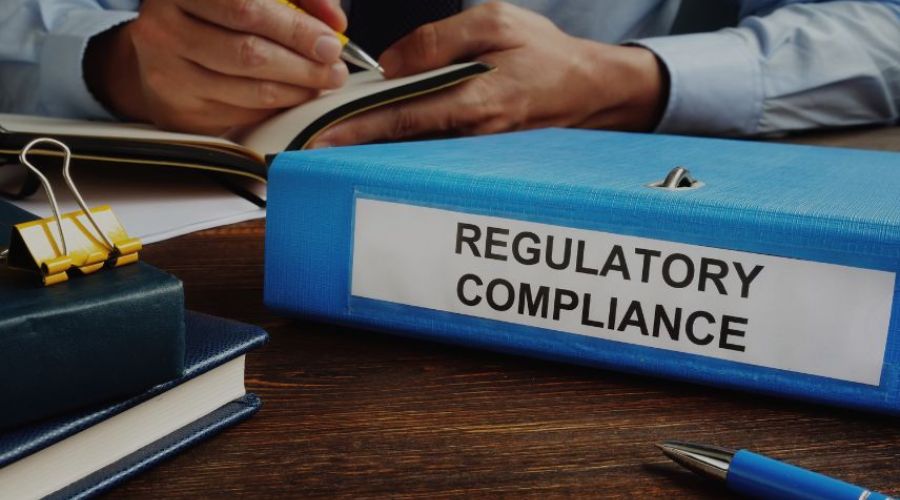In the rapidly expanding realm of nearshore outsourcing, regulatory compliance stands as a cornerstone for ensuring the security and legal adherence of outsourced projects. This blog post delves into the intricacies of regulatory compliance, shedding light on how businesses can navigate this complex landscape to foster successful nearshore outsourcing partnerships.
Understanding Regulatory Compliance in Nearshore Outsourcing:
Data Protection Laws:
Familiarize yourself with the data protection laws of your home country and the nearshore partner's location. Ensure that your nearshore partner follows regulations regarding the handling and storing sensitive data.Intellectual Property Rights:
Clarify intellectual property rights and ownership before entering into an outsourcing agreement. Clearly define who retains ownership of created assets and establish mechanisms to protect intellectual property.Security Measures:
Assess the nearshore partner's security measures. Ensure they have robust protocols in place to safeguard against data breaches and unauthorized access, adhering to international cybersecurity standards.Compliance with Industry Standards:
Verify that the nearshore partner complies with industry-specific standards and certifications. This is crucial, especially in highly regulated finance, healthcare, and telecommunications sectors.Legal Framework:
Understand the legal framework of the nearshore partner's location. Familiarize yourself with labor laws, contractual obligations, and any other legal considerations that may impact the outsourcing arrangement.
FAQs:
Q1: Why is data protection crucial in nearshore outsourcing?
Data protection is crucial as it safeguards sensitive information from unauthorized access, ensuring compliance with privacy laws and building trust with clients and customers.
Q2: How can businesses ensure the security of their intellectual property in outsourcing?
Businesses can ensure the security of their intellectual property by clearly defining ownership in contracts, implementing confidentiality agreements, and regularly auditing the nearshore partner's security protocols.
Q3: What industry standards should nearshore partners comply with?
Nearshore partners should comply with industry-specific standards such as ISO certifications, HIPAA (for healthcare), PCI DSS (for the payment card industry), etc., depending on the nature of the project.
Conclusion:
Regulatory compliance is a non-negotiable aspect of nearshore outsourcing. By understanding and addressing the legal and security aspects, businesses can forge strong and compliant partnerships, ensuring the success of their outsourced projects.





